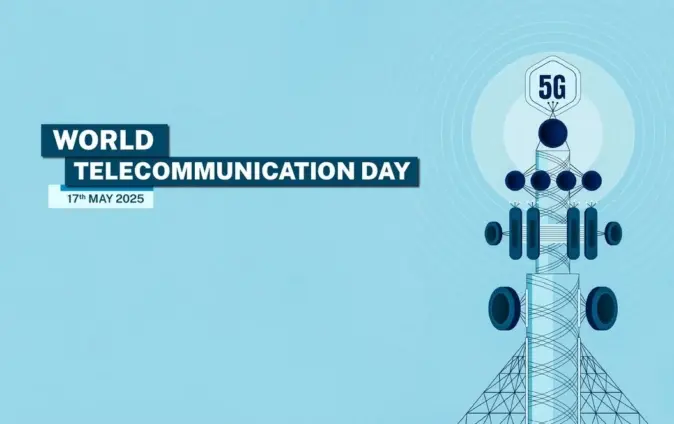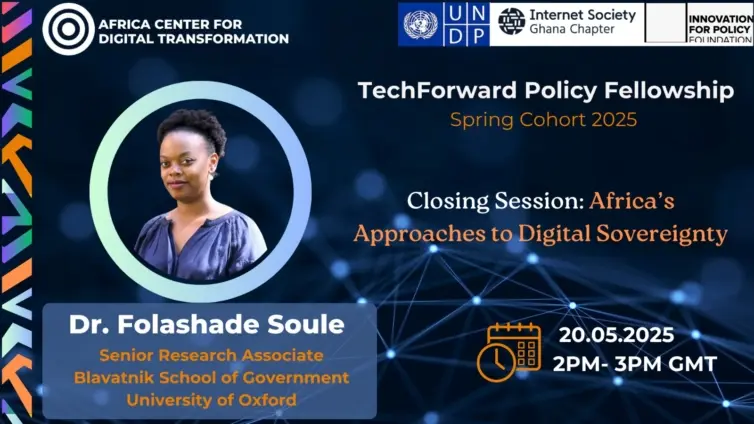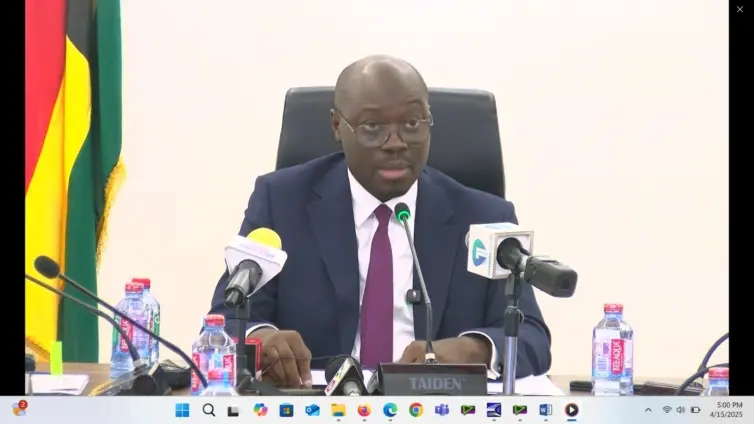The promise of a digitally empowered Africa, brimming with innovation and economic opportunity, took center stage at the recent Cambridge Africa Business Conference. Dr. Mahamudu Bawumia, Vice President of Ghana, articulated a bold vision for the continent, painting a picture of how strategic investments in digital infrastructure and literacy can unlock unprecedented growth and inclusion. His address served as a call to action, urging policymakers, business leaders, and technology enthusiasts to collaborate in building a future where technology serves as a catalyst for progress across the African continent, creating a truly Digital Africa.
Dr. Bawumia, a prominent voice in advocating for digital transformation, drew upon Ghana’s own experiences to illustrate the tangible benefits of embracing technology. As Vice President, he has championed numerous initiatives aimed at leveraging digital tools to improve governance, enhance public services, and boost financial inclusion, leading Ghana’s own journey into a digital Africa.
At the heart of Dr. Bawumia’s message was the conviction that a digitally empowered Africa holds the key to unlocking its vast potential. He emphasized how strategic investments in digital infrastructure, coupled with policies that promote digital literacy and innovation, can drive economic growth, improve the delivery of essential public services, and foster greater financial inclusion for all Africans, closing the digital divide.
Ghana’s Digital Transformation: A Case Study
Dr. Bawumia highlighted Ghana’s digital journey as a compelling case study demonstrating the power of digitalization to address inefficiencies and streamline public administration. He specifically referenced initiatives such as the digitalization of land records and the implementation of e-pharmacy systems, programs he championed and spoke about during his Cambridge address. These efforts, he argued, are not merely about adopting new technologies but about fundamentally reshaping how government operates and interacts with its citizens.
“When you digitalize, you formalize,” – Dr. Bawumia
Beyond streamlining processes, Ghana’s digital reforms have yielded significant financial savings. According to Dr. Bawumia’s presentation, the efficiencies gained through digitalization have translated into millions of dollars saved in public funds. These savings, he explained, can then be reinvested in other critical areas, such as education and healthcare, further amplifying the positive impact of digitalization.
Addressing Financial Exclusion Through Mobile Technology
A key aspect of Dr. Bawumia’s vision centers on leveraging mobile technology to extend financial services to previously unbanked populations. In many parts of Africa, traditional banking infrastructure is limited, leaving a significant portion of the population excluded from the formal financial system. Mobile technology, however, offers a powerful tool to bridge this gap, bringing banking services directly to people’s fingertips.
By empowering individuals with access to digital financial tools, Dr. Bawumia argued, these innovations contribute to greater economic resilience, enabling them to better weather global economic shocks. The ability to save, borrow, and transact digitally provides a crucial safety net, particularly for vulnerable populations.
Furthermore, Dr. Bawumia emphasized the transformative impact of digital financial inclusion on the youth and workers in the informal sector. Digital platforms provide new avenues for entrepreneurship and economic participation, allowing young people to access markets and opportunities that were previously out of reach. For workers in the informal sector, digital payment systems offer a more secure and efficient way to manage their earnings and build financial security, further formalizing the digital Africa that is taking shape.
Overcoming Challenges: Infrastructure, Literacy, and Cybersecurity
While optimistic about the potential of a digitally empowered Africa, Dr. Bawumia also acknowledged the significant challenges that must be addressed to fully realize this vision. He specifically pointed to infrastructure gaps, disparities in digital literacy, and the growing need for investments in cybersecurity.
The digital landscape is ever evolving, and it is important to continue to invest in cybersecurity for this reason. As it improves, so do the threats.
Despite these challenges, Dr. Bawumia maintained an optimistic outlook, viewing them not as insurmountable obstacles but as opportunities for innovation and collaboration.
“These are not roadblocks—they are simply the next hurdles to overcome.” – Dr. Bawumia
Africa’s Digital Leap: A Call to Action
Dr. Bawumia’s address at the Cambridge Africa Business Conference served as a compelling call to action, urging stakeholders to embrace the transformative potential of digitalization and work together to build a digitally empowered Africa. He reiterated key points from his speech, emphasizing the need for strategic investments in infrastructure, policies that promote digital literacy and innovation, and a collaborative approach that involves governments, businesses, and civil society organizations.
He argued that Africa has the unique opportunity to leapfrog traditional development models through digital innovation, accelerating progress and creating a more inclusive and prosperous future for all its citizens. This vision hinges on embracing technology as a powerful enabler, fostering innovation, and creating an environment where digital solutions can thrive, ensuring the digital Africa is a reality.
“Africa doesn’t need to catch up—it needs to leap forward.” – Dr. Bawumia
Image Source: MYJOYONLINE



















